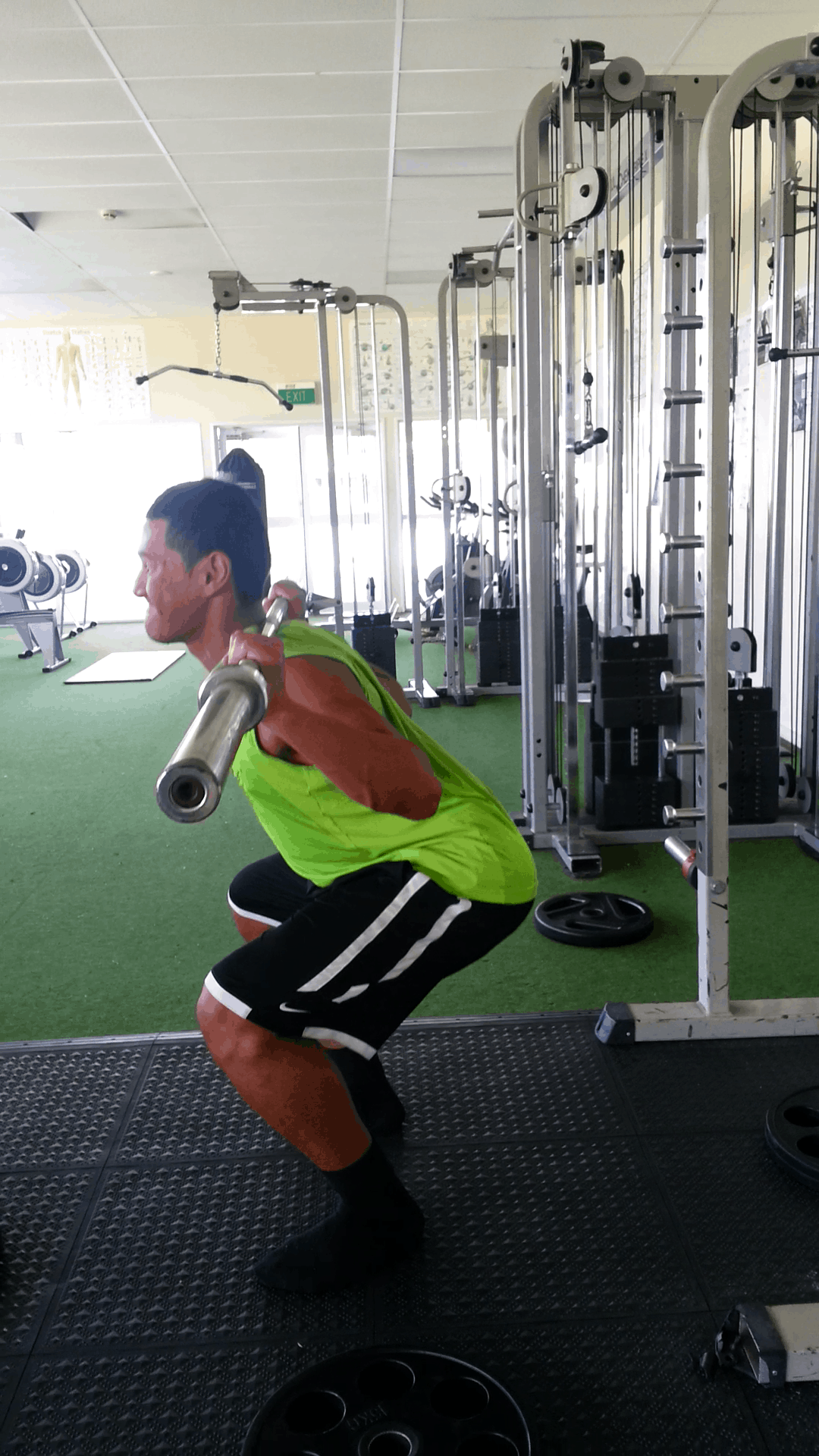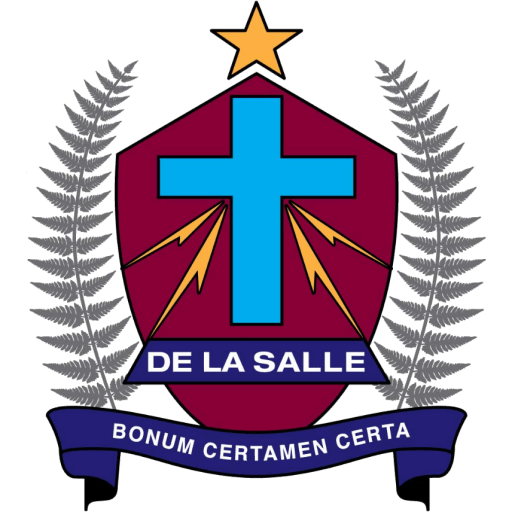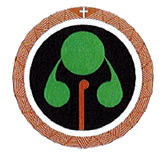
The Level 3 Physical Education course is an academic focused course which covers principles of training, methods of training, exercise physiology, and adventure education. Assessments do require a high level of literacy and critical thinking. The work covered throughout the year will be assessed both internally.
The adventure education is held at Kokako Lodge. The cost is $50.
Year 12 Physical Education
The Level 2 Physical Education course is an academic focused course which covers principles of training, methods of training, exercise physiology, and adventure education. Assessments do require a high level of literacy. The work covered throughout the year will be assessed both internally.
The ropes course is held at Kokako Lodge. The cost is $50.
Year 11 Physical Education
The work covered throughout the year will be assessed internally. The course is a combination of both student reflection, demonstrating quality movement, interpersonal skills and taking purposeful action in an activity (volleyball)
Year 7 to 10 Physical Education
The purpose of physical education is to develop the physical skills and enhance the health, growth and total well-being of all students at De La Salle College. The junior programme consists of track and field, invasion games, strike and field and rigorous fitness testing at the end of each term.
Year 10 Sports Academy
Individuals who show potential to represent the college in premier sports team are given the opportunity to be part of a sports academy in which students learn about fitness testing, muscular endurance, strength testing, video analysis and game day preparation.
HEALTH EDUCATION
The health curriculum is based upon four underlying concepts, those of:
· Hauora (a Maori philosophy of health and wellbeing comprising physical, mental & emotional, social and spiritual wellbeing)
· Health Promotion (a collective action to promotes a supportive, empowering, physical and emotional environment)
· Attitudes and Values (valuing themselves and others, reflecting on their beliefs and developing a sense of social justice)
· Socio-Ecological Perspective (identifying and reflecting on factors that influence peoples choices and behaviors, mutual care and shared responsibility and how they can contribute to the wellbeing of others).
Junior Health
Health is a Core Subject at De La Salle College in Years 7 through Year 10. The course starts out with an introduction to the concept of Hauora (the Maori concept of Health and Wellbeing, which is often represented as a Whare with 4 walls, all of equal importance), then investigates broader areas of wellbeing including: Mental Health, Relationships with others, Drug Education, Sexuality, Staying safe and Heathy Nutrition. All unit areas are taught to an age appropriate level and seek to challenge student’s preconceptions and to devise ways to increase their level of understanding and wellbeing.
Mental Health
Mental health is a broad area, influenced by many diverse factors. Positive mental health is essential if students are to reach their highest academic, physical and social potential. Students are given the opportunity to explore ways in which they are able to effect self esteem and how social, cultural, economic and environmental factors have an effect on mental health.
Mental Health includes: What makes a good friend, Building self esteem, Dealing with peer pressure, Team building skills, Making informed choices, Coping with feelings, Cyber safety and Bullying prevention.
Sexuality Education
Sexuality education is a lifelong process. It provides students with the knowledge, understanding, and skills to develop positive attitudes towards sexuality, to take care of their sexual health, and to enhance their interpersonal relationships, now and in the future. Topics are taught at an age appropriate level.
Sexuality Education includes: Healthy loving relationships, Respect for self and others, Rights and responsibilities, physical changes.
Food and Nutrition
The food choices made by individuals and families affect all aspects of their health. Food and nutrition education enables students to make informed decisions about food and the choices that will contribute to their own well-being and that of other people.
Food and Nutrition Includes: healthy eating, budgeting, labeling and cultural significance of food.
Body Care and Physical Safety
Learning about body care and physical safety provides students with opportunities to make informed decisions about body care, to recognize hazards in the environment and to adopt safe practices in relation to these. The main focus of this key learning area is the physical dimension of Hauora. However, body care and physical safety does also relate to the mental and emotional, social, and spiritual dimensions of Hauora because the four dimensions are interrelated.
Body Care and Physical Safety Includes: Personal hygiene, First Aid, importance of physical activity, sleep & rest, Road safety, water safety, home safety, sun safe, fire safety, conflict resolution, where to find help, how to avoid risky situations.
Senior Health
Health continues into the senior school as a university approved academic subject with a full Achievement standard course with all Level One students enrolling on a Core Health course. After this Health becomes an option subject choice for levels two and three. It is recommended that students have completed the previous level before taking the next level of qualification.
There are two possible pathways for Senior Health at Level One which build upon the teachings of the junior program. The first is the Core Health Course which all Level One students are enrolled. This course consists of three units based on goal setting to improve wellbeing, the changing state of wellbeing and sexuality. The second pathway is the Health Education option where students study additional units on communication and assertiveness, drugs and food choices.
The Level Two & Three course further develops knowledge relating to current health issues in New Zealand Society and how these impact both on an individual and community’s well-being. Students look at both national and international health issues and investigate current health practices in New Zealand. Students continue to reflect on the nature of well-being and consider contemporary dilemmas and ethical issues in relation to well-being. There is also a strong focus on looking at a range of models of health promotion and how these models contribute to the well-being of our communities.
What sorts of things will the students do?
Students develop their understanding of the key underlying concepts of the Health curriculum such as Hauora, Socio-Ecological perspective, health promotion, attitudes and values and determinant of health
Topics covered at Level Two
· CHANGE LOSS AND GRIEF: mental health issues ability to manage change
· RELATIONSHIPS: ability to analyse issues related to gender and sexuality and
develop strategies to deal with issues related to gender and sexuality.
· HEALTH PROMOTION: identify health needs within the school/community.
And take action to enhance the people’s wellbeing within this community.
· ADOLESCENT HEALTH ISSUES: use and abuse of alcohol
Topics covered at Level Three
- Investigate different medical philosophies and research various treatments for certain chosen conditions in New Zealand
- Examine New Zealand’s youth resilience issues (15-24 years old) and the effects this issue is having nationally.
- Examine the current ethical issue of assisted reproductive technology and it’s accessibility looking both here and overseas
- Explore why there are high rates of a communicable infection such as HIV AIDS in the Pacific
CAREERS
Health Education can lead to Careers in any aspect of the Health field including:
Nursing, physiotherapy, dietician, health promotion, plunket nurse, doctor, optometrist, dentist, occupational therapist, dental nurse, community health worker, Family Planning worker, massage, podiatrist, radiographer, psychologist, psychotherapist, family counselor, social work, teaching, police
For further study:
Studying Health Sciences at University – many tertiary institutions now offer both undergraduate and post graduate qualifications in this area.
Useful Websites
The Word

